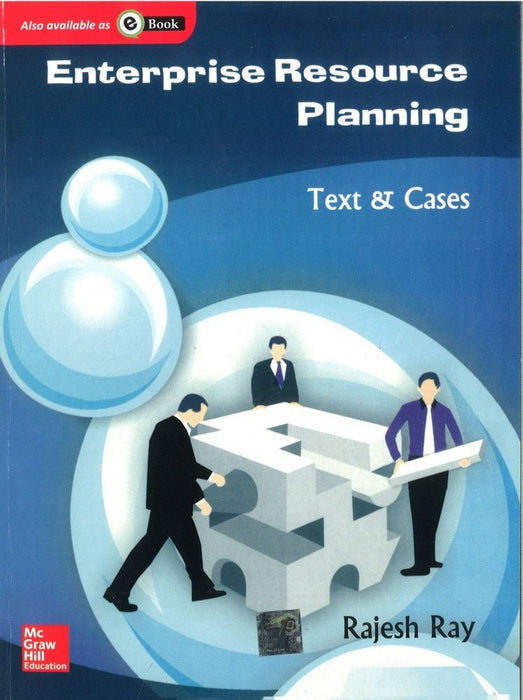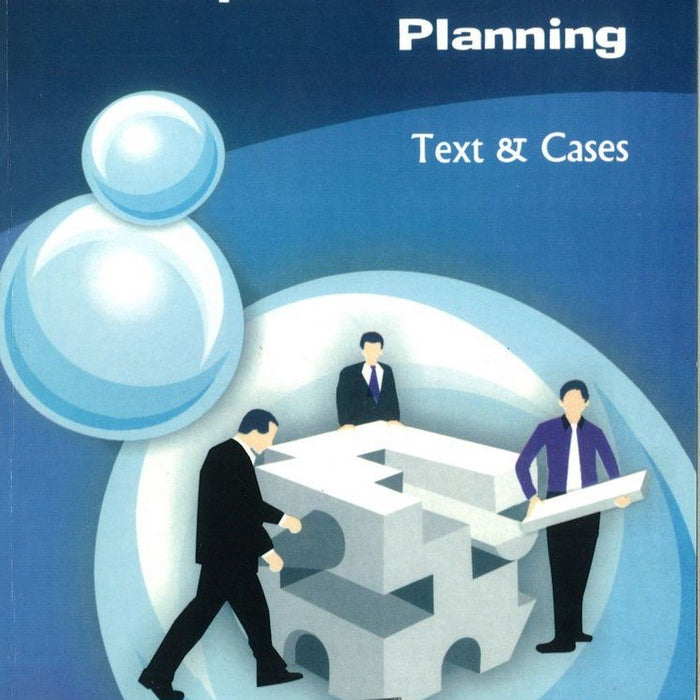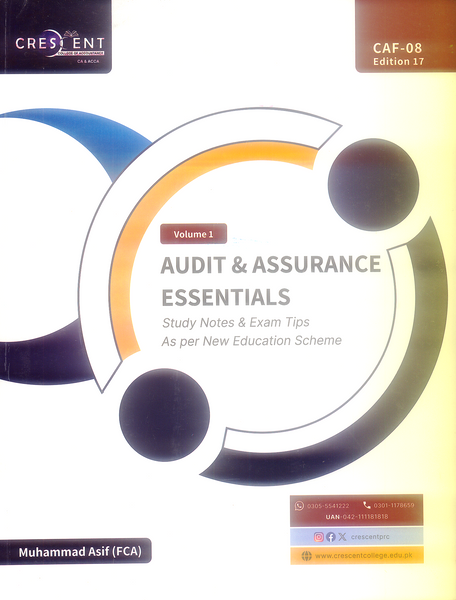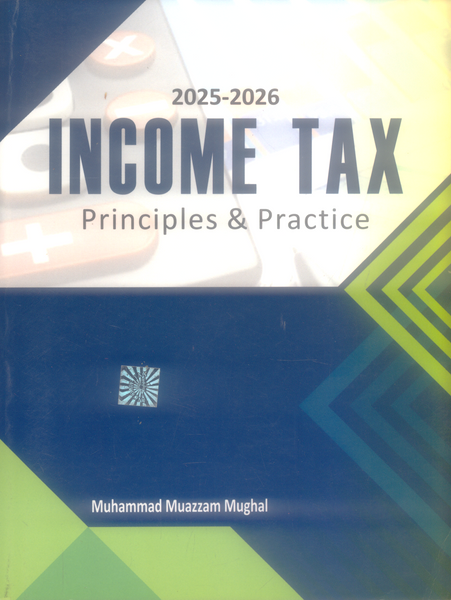Enterprise Resource Planning By Rajesh Ray
- Publisher: MANAGEMENT SCIENCES
- Availability: In Stock
- SKU: 47993
- Number of Pages: 208
Rs.530.00
Rs.895.00
Tags: affordable prices , AI integration , best books , best books online , Best Price , best prices , Best Selling Books , best shop , blockchain , Book shopping , bookshop , bookshop Multan , bookshop near me , bookshop online , bookshop online Multan , bookshopPakistan , business efficiency , buy online books , case studies , cloud ERP , core components , data privacy , digital shopping , Enterprise Resource Planning , ERP systems , GDPR compliance , good books , good booksonline , historical evolution , implementation challenges , integrated software , Internet Shop , IoT , market trends , mobile accessibility , one stop shop , ONLINE BOOKS , Online Books Shop , online books store , Online Bookshop , Online Bookshop Pakistan , online bookstore , online shop , online shopping , Online Shopping Pakistan , OnlineShoppingPakistan , operational benefits , organizational strategy , Pakistan Bookshop , Pakistan Online Shopping , PakistanBookshop , PakistanOnlineShopping , predictive analytics , price cut , price-friendly Comprehensive , Rajesh Ray , Reasonable Price , ReasonablePrice , Recommended Book , reduced price , secure shopping , Shop Smart Pakistan , Shopping , ShopSmartPakistan , Test Guidelines. Online Shop , Unparalleled Quality Best Price , Virtual Shop , Web Shop
Enterprise Resource Planning (ERP) refers to integrated software systems used by organizations to manage their core business processes, often in real-time, through a centralized database. Rajesh Ray's approach to ERP emphasizes its strategic importance in enhancing organizational efficiency and decision-making.
Key Points:
1. Definition and Purpose ERP systems integrate key business functions such as finance, human resources, supply chain, and manufacturing into a unified platform.
2. Historical Development Originating from Material Requirements Planning (MRP) in the 1960s, ERP evolved to encompass broader enterprise functions by the 1990s.
3. Core Components Modules include financial management, procurement, production planning, sales and distribution, human capital management, and business intelligence.
4. Implementation Challenges Common issues include cost overruns, resistance to change, data migration complexities, and integration with existing systems.
5. Benefits of ERP Improvements in operational efficiency, decision-making through real-time data access, standardized processes, and enhanced customer service.
6. ERP Market Trends Shift towards cloud-based ERP solutions, mobile accessibility, and integration with advanced technologies like AI and IoT.
7. Case Studies Successful ERP implementations across industries, highlighting transformative impacts on scalability and competitiveness.
8. ERP Security Considerations Concerns over data privacy, cybersecurity threats, and compliance with regulations such as GDPR and CCPA.
9. Future Outlook Anticipated advancements in ERP functionality, predictive analytics, machine learning, and blockchain integration.
10. Conclusion Rajesh Ray's comprehensive exploration of ERP underscores its pivotal role in modern business strategy, driving efficiencies and innovation across global enterprises.
This structure provides a concise overview of ERP, emphasizing its definition, historical context, components, challenges, benefits, market trends, security concerns, future prospects, and concluding with its strategic importance in business operations as outlined by Rajesh Ray.
════ ⋆★⋆ ════
Writer ✤ Rajesh Ray
























